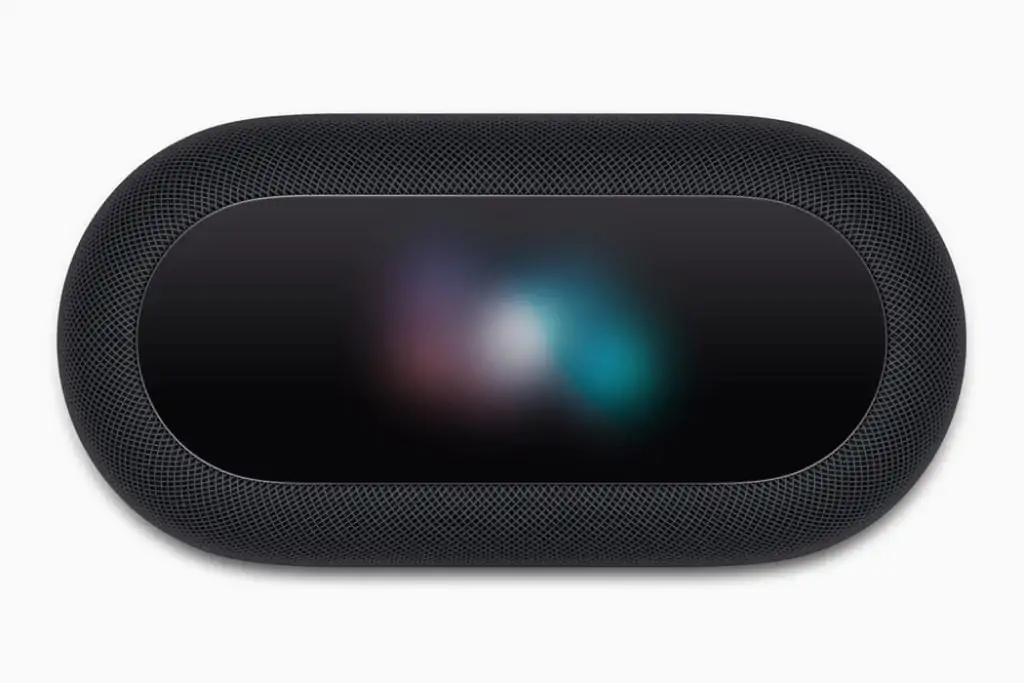The latest rumors speak of 200 million dollars spent by the Apple to acquire Xnor.ai, a frontier artificial intelligence company based in Seattle.
The purchase of
Xnor.ai's work on AI is hyper-efficient and low-powered. It doesn't require powerful processing or a cloud connection (processing happens locally on the device), and it fits right into some areas Apple is currently working on.
How will Xnor.ai's knowledge integrate into Apple's work?
Usually Apple never gives the media the reasons why it acquires certain companies, nor does it disclose how it intends to its future roadmap. But we can speculate on how Xnor.ai's work will fit into the overall plan.
Super Siri
The performance improvements that come from handling tasks like natural language processing (Siri) or facial recognition are interesting. Speeding up (even by a few milliseconds) the decisions made by a driver, for example, has obvious benefits.
What seems really promising about the “Super Siri” that will inhabit upcoming Apple devices are the privacy implications of AI.
An AI that works even offline can remain efficient even without some sensitive data
Siri had lagged behind Amazon's Alexa and Google's Assistant, with this acquisition Apple may be aiming for a completely different goal: giving users complete control of extremely personal data.
The enormous amount of information necessary to “power” a service like Assistant also implies the provision of such information. If you take a look at the “Web & App Activity” tracking setting on your Android phone, you'll notice that Google essentially tracks and stores almost everything you do on your phone or your voice assistant.
The data you transmit "trains" and improves the assistants, to the point that without a connection these products become little more than stupid, sometimes only good as Bluetooth speakers.
Someone doesn't like this level of intimacy. Indeed, among the sensitive health data exploited by Google and conversations transcribed from Facebook, the scandals make it clear that nobody likes this violation.
For this Apple, which even refuses governments (at least officially) to disclose the data of its customers, is trying to capitalize on this thing on the next devices.

On the topic of privacy, the next Apple devices will go in a different direction compared to their competitors
In short, on the one hand, Google opens new horizons by building Duplex, an artificial intelligence that can book restaurant tables on your behalf by calling and speaking like a real human being, or Facebook's enormous investment in the artificial intelligence of its Portal systems . Both companies improve products thanks to us, and therefore are greedy for our data, even the most sensitive ones.

On the other side is Apple, which seems far from creating services like Google Duplex, but keeps your information safe on the device. The same goes for facial recognition data embedded in Apple's upcoming security devices. And for any other AI processing that would typically require sending, storing, analyzing and using data for any purpose.
Both Google and Facebook are announcing improvements to the privacy of their products, but it is clear that Apple is following a different path.


